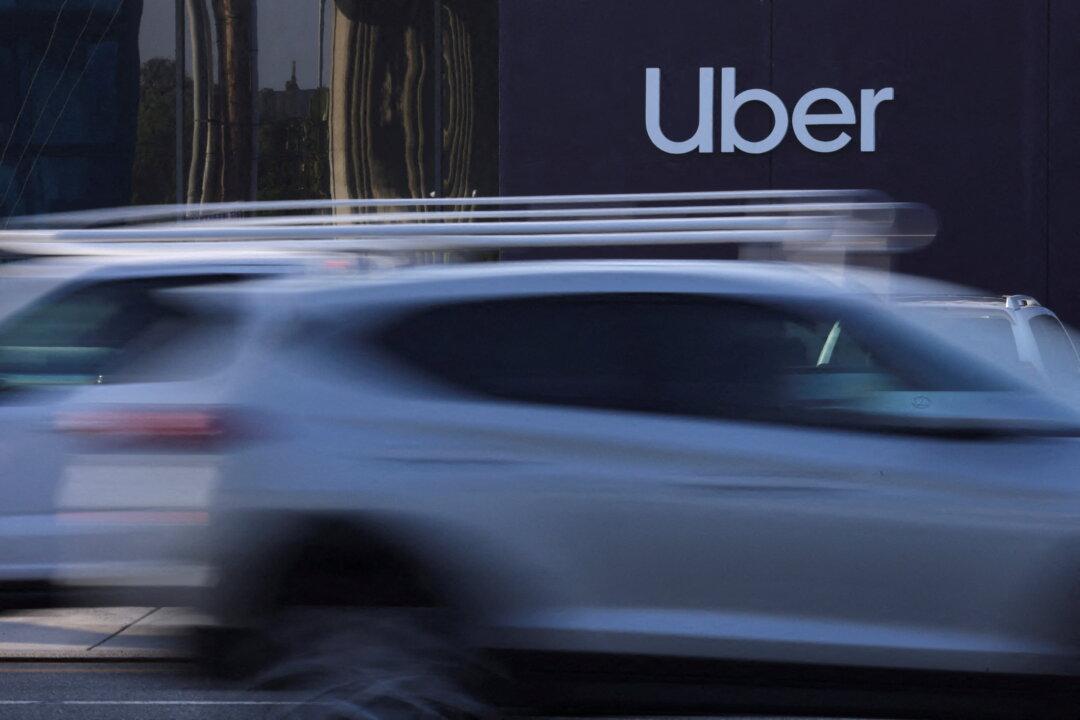Ride-share firms Uber and Lyft have agreed to pay drivers in Massachusetts a minimum of $32.50 per hour as part of a settlement in a lawsuit brought by the state, announced State Attorney General Andrea Joy Campbell announced on June 27.
Under the settlement terms, the two firms will also pay out a combined total of $175 million—Uber will pay $148 million, and Lyft $27 million—to the state to resolve allegations that the companies violated state wage and hour laws.




